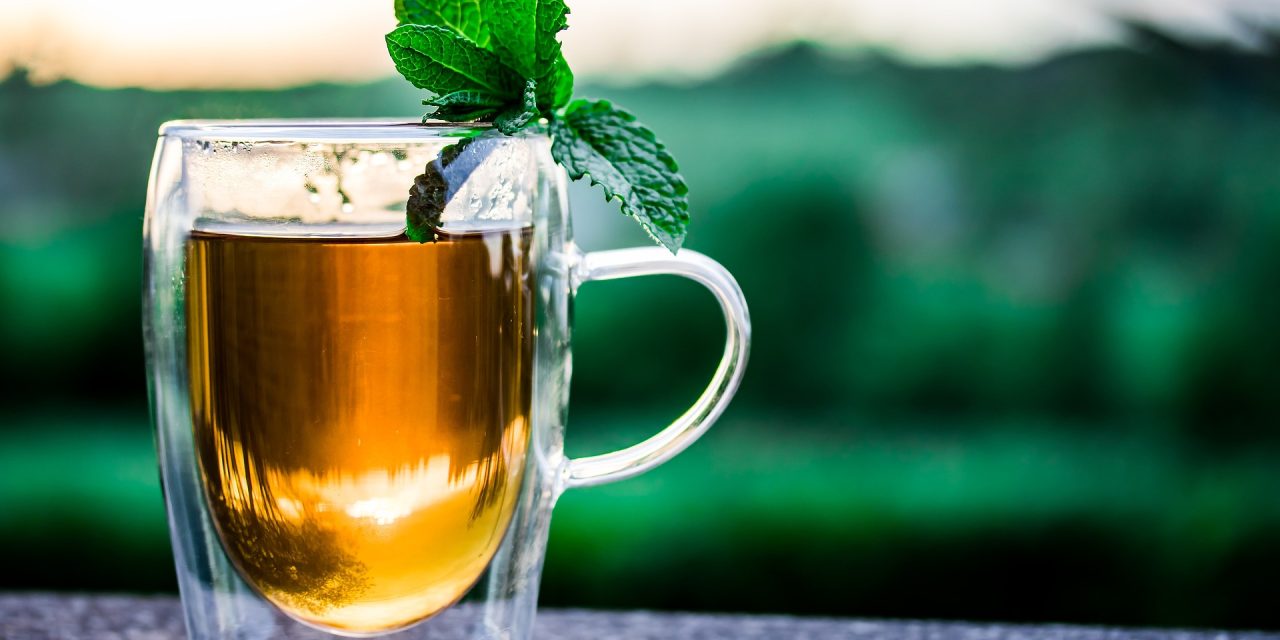“Healthy teas” are popular in wellness circles, but what really makes a tea healthy?
Many tea blends promise everything from better digestion to boosted immunity, so it can be difficult to sort the myths from the true health benefits. Whether you’re sipping for relaxation, antioxidants, or just a delicious way to hydrate, let’s steep ourselves in the facts and find out what sets healthy teas apart.
Quick Read:
- Yes, most teas are good for your health.
- No, you cannot (and should not!) try to lose weight simply by drinking “flat tummy” tea.
- The way tea leaves are processed gives each type its unique colour and flavour.
As far as starting your day off on the right note, you can’t go amiss with a cup of perfectly brewed tea. Here’s the good news – that cup of warmth and goodness could have other great benefits – the healthy kind.
Where does tea come from?
The Camellia Sinensis plant is the source of all pure teas. The different colours and flavours are all thanks to how the leaves are processed; it all depends on how long they’re left to wither or how much they’re oxidised. This processing also affects the nutrients in your tea, like antioxidants and amino acids.
Is tea healthy?
Yes, tea, in general, has some powerful nutrients that can boost your health. Some of these nutrients include:
- L-theanine: This amino acid gives you a nice, calm and steady state without the jitters or nervousness. It can help you stay alert while still being relaxed.
- Polyphenols: These antioxidants are your body’s natural defenders. They fight free radicals that can damage your cells and lead to health issues.
- Methylxanthine: Think of this as tea’s secret energy booster. While caffeine is the most famous member of this family, it’s just one part of the health mix that keeps you alert and focused.
Types of tea
- Green tea is packed with catechins, powerful antioxidants that protect your cells from damage caused by free radicals. Over the years, green tea has become popular and celebrated for its potential to help fight heart disease, lower blood pressure, reduce cholesterol levels and even induce weight loss.
- Ask any pregnant woman what got her through morning sickness and there’s a good chance she’ll mention ginger tea! Ginger tea can help soothe nausea while improving digestion.
- Herbal tea is your go-to for soothing inflamed airways, which can be helpful for conditions like asthma. Choose teas with turmeric, cinnamon, or ginger to ease congestion and give you better airflow.
- For something refreshing, tasty and helpful, you can’t go wrong with peppermint tea! It’s a powerful friend when you’re under the weather. It has menthol to help relax sore throat muscles, relieve nasal congestion and lower a fever. Plus, its antibacterial and antiviral powers support overall health.
- Struggling to sleep? Chamomile tea has earned its reputation as a sleep aid. Thanks to apigenin, an antioxidant that binds to brain receptors, chamomile helps minimise anxiety and creates a peaceful, drowsy state. It’s like a gentle, natural sedative.

A word on slimming teas
You see the ads on social media and you hear all about the amazing benefits of slimming teas. “Lose weight by sipping three cups a day!”
Is it true?
There are certainly some teas that can help you on your weight loss journey. Some, we’ve covered above, like green tea. Then there’s Oolong Tea which could improve insulin sensitivity, and help with managing your weight. Pu-erh Tea is a fermented blend that’s thought to help lower blood cholesterol levels and make digestion easier, potentially resulting in some weight loss. Some slimming teas feature Garcinia Cambogia, which may help to suppress appetite.
Help at hand
- Natural laxatives like senna can cause dehydration and upset your stomach if used too much.
- Ingredients with diuretic effects can also lead to dehydration and disrupt your body’s balance.
- Excessive caffeine levels in some teas can make you feel jittery, restless, and affect your sleep if you drink too much.
- Also, certain herbs might interact with medications or impact conditions like high blood pressure, diabetes, or digestive issues.
- Please always check with your doctor first before trying weight loss tea blends.
Images: Pexels



















